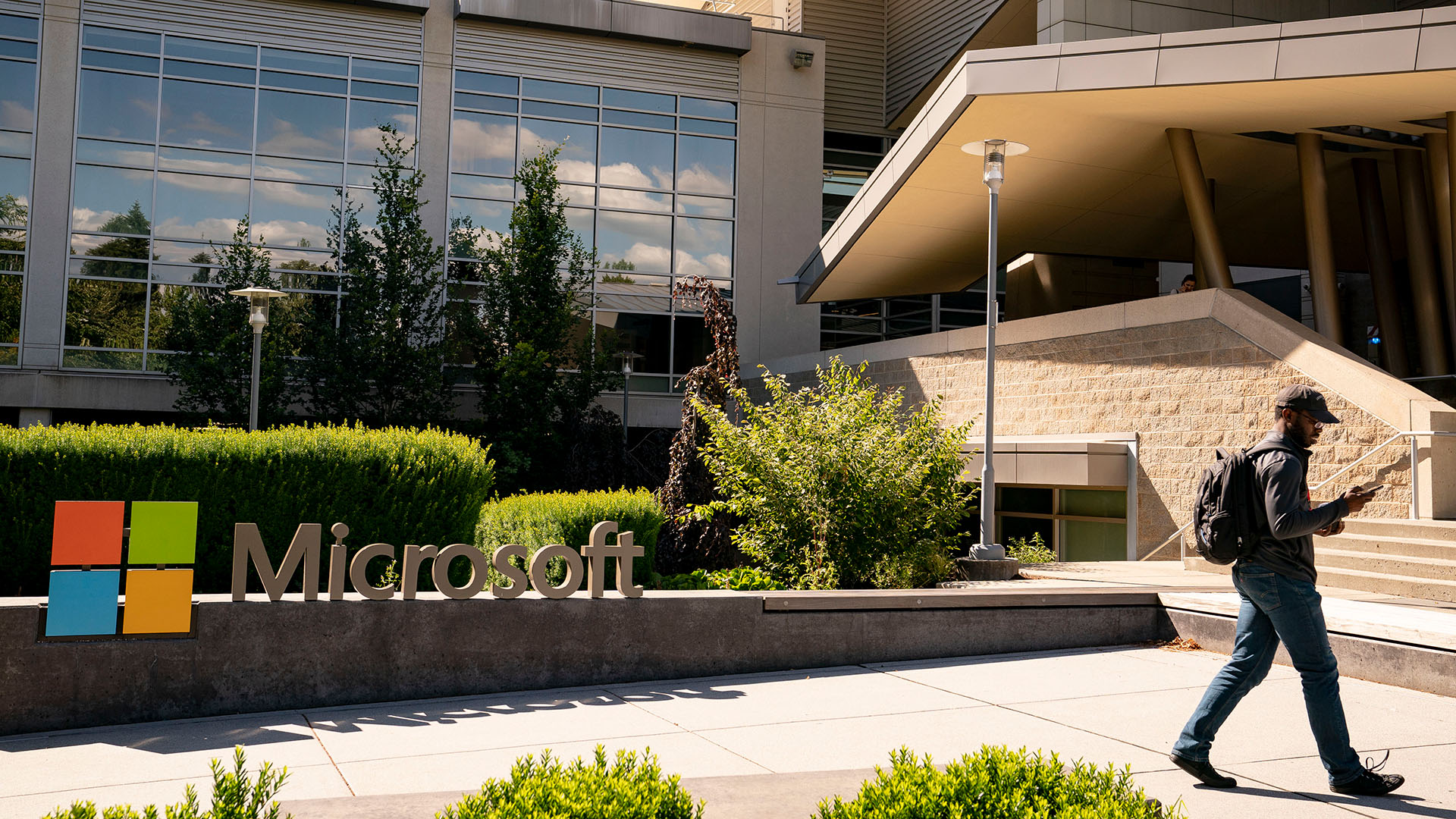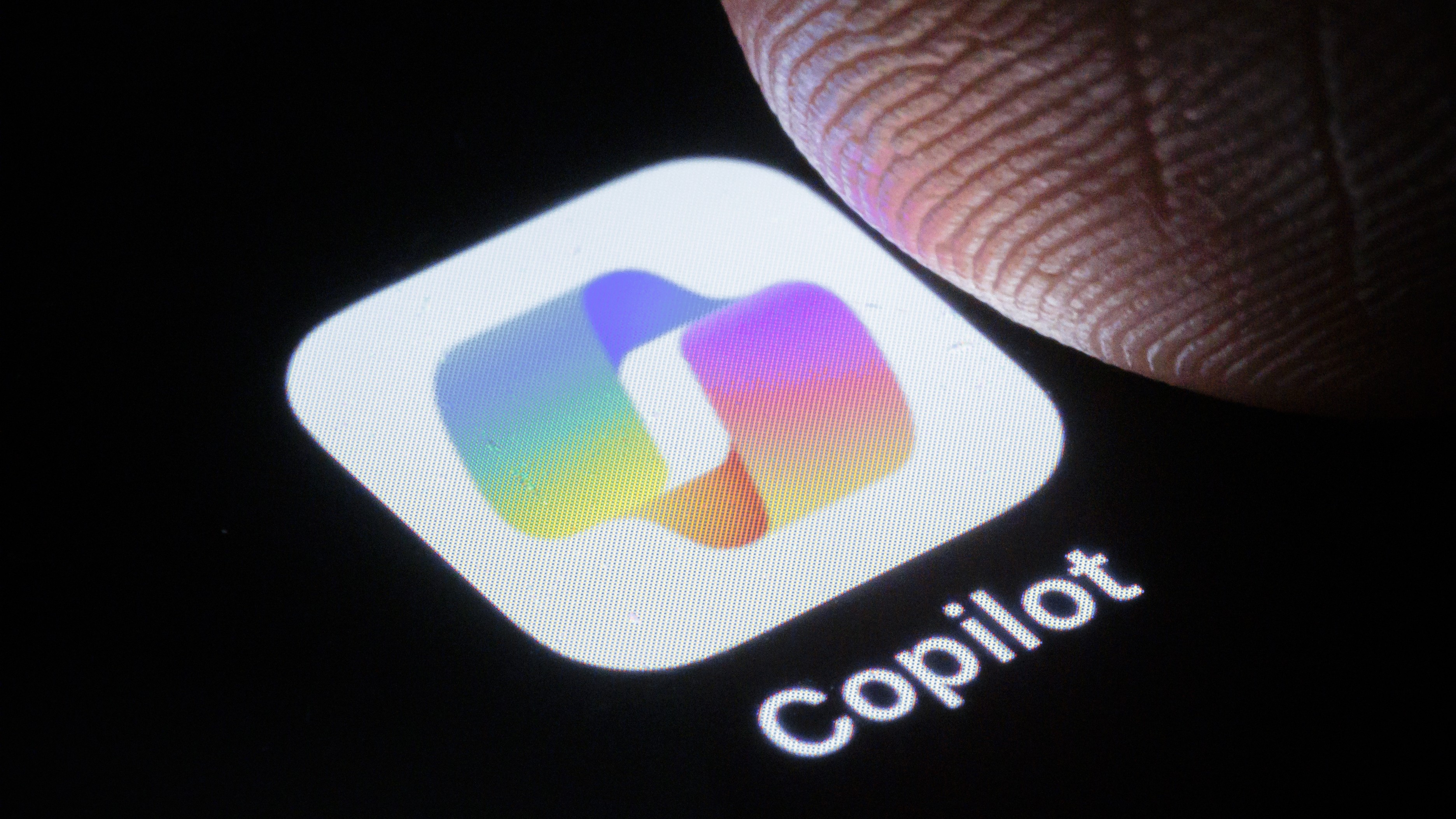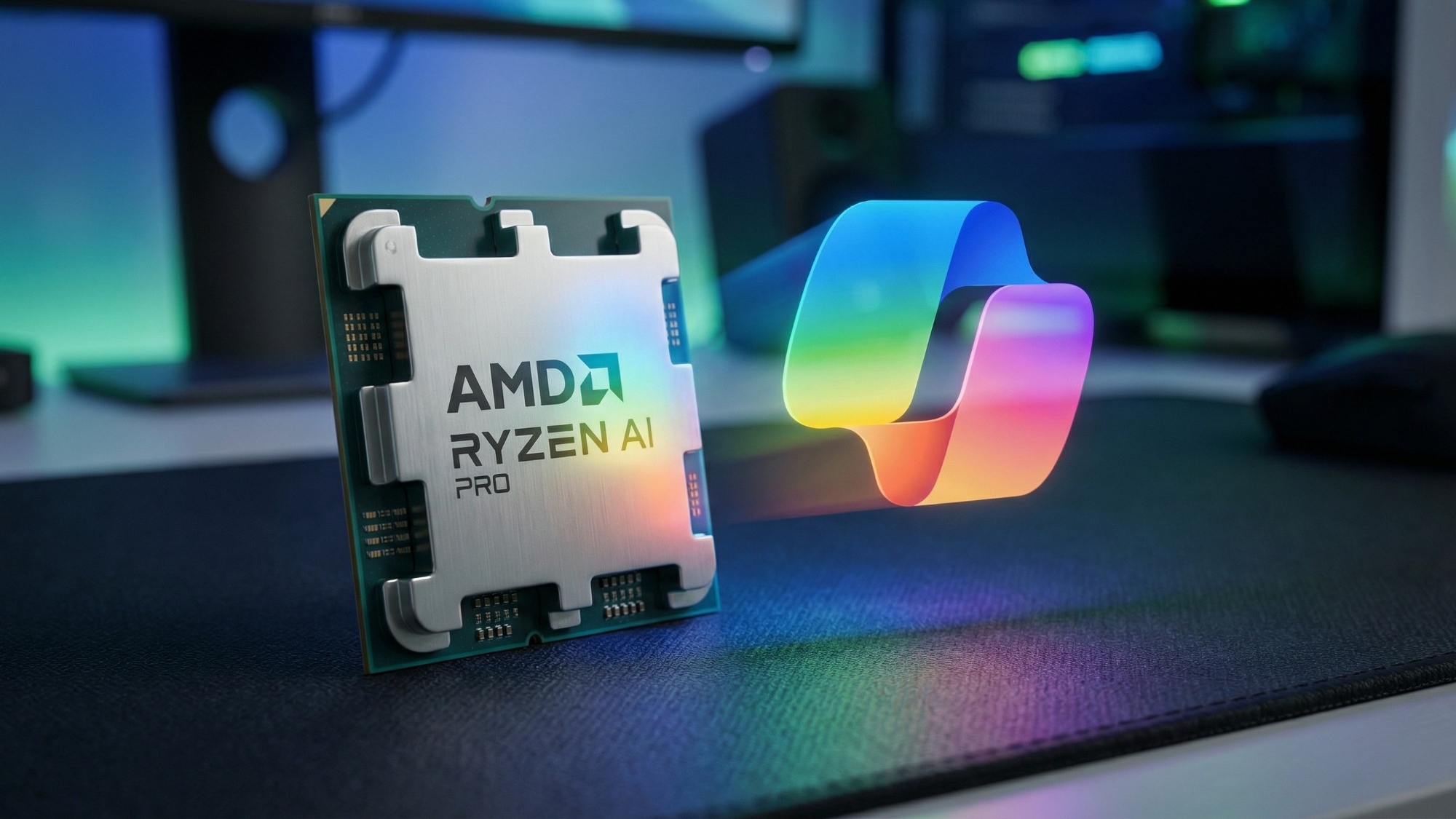"Using AI is no longer optional" — Did Microsoft just make Copilot mandatory for its staff as a critical performance metric?
To drive broad internal adoption of Copilot, Microsoft is making the use of internal AI tools part of its key performance evaluations.

All the latest news, reviews, and guides for Windows and Xbox diehards.
You are now subscribed
Your newsletter sign-up was successful
Artificial Intelligence is increasingly becoming a critical part of Microsoft's business, even though its multi-billion-dollar partnership with Sam Altman's OpenAI is in the crosshairs over high-stakes, for-profit evolution plans.
At the beginning of the year, a leaked internal document revealed that Microsoft pays close attention to its employees' contributions in the company's AI efforts during performance evaluations. The company reportedly leverages these metrics to determine which employees it can't afford to lose.
And now, Microsoft is ramping up its efforts in the AI landscape by reportedly pushing its staffers to use more AI tools in their internal workflows (via Business Insider).
Microsoft's President of Developer Division and GitHub, Julia Liuson, recently sent an email to the company's top management requesting them to evaluate employee performance based on the use of internal AI tools like GitHub Copilot.
AI is now a fundamental part of how we work. Just like collaboration, data-driven thinking, and effective communication, using AI is no longer optional — it's core to every role and every level.
Microsoft's President of Developer Division and GitHub, Julia Liuson
The email from the executive further indicated that "AI should be part of your holistic reflections on an individual's performance and impact."
While the company's performance threshold varies across different divisions, it's apparent that the tech giant could set the use of internal AI tools as a key performance requirement for some of its departments. However, it is still unclear how the company plans to move forward with these plans or even which teams will be impacted by the new change.
Interestingly, according to an apparent source with close ties to Microsoft, the tech giant is using this approach to help improve the dismal adoption of Copilot among its staffers. Additionally, this will help the developers to better understand these AI tools and services.
All the latest news, reviews, and guides for Windows and Xbox diehards.
In case you missed it, a recent report revealed that Microsoft is struggling to push Copilot sales in enterprise, predominantly because most organizations prefer ChatGPT over Copilot. This is despite the fact that both offerings leverage the same models and sport similar capabilities. "OpenAI has done a tremendous job. making their product fun to use."
Elsewhere, OpenAI is reportedly seeking to scrap some stringent clauses from its partnership agreement with Microsoft, including access to its Intellectual Property (IP) pending a potential $3 billion acquisition of Windsurf (which competes with GitHub Copilot and could constitute anticompetitive business practices).
The ChatGPT maker could also prematurely declare a breakthrough in AGI (Artificial General Intelligence) to sever its ties with Microsoft.
This news comes a few days after a report revealed that Microsoft is getting ready to make major cuts at Xbox. And in case you missed it, Microsoft announced its plan to lay off 305 Washington-based employees in June.
Microsoft is (still) all-in on AI
Last year, Microsoft reportedly transitioned some of its staffers from the Teams chat app umbrella to its AI division in a bid to get more hands on its Copilot-themed efforts. Interestingly, the company had just unbundled Teams from its Office 365 suite of productivity tools globally.
A leaked Microsoft spreadsheet disclosed that the company handsomely pays AI-focused employees compared to their counterparts in the Azure and Cloud divisions. For context, an average AI software engineer is paid up to $377,611, which is $120,000 more than the average salary of an employee in the Azure division.
The AI "arms race" is increasingly becoming competitive with Meta investing in $15 billion in Scale AI and hiring its CEO Alexandr Wang to lead its new superintelligence department. The Facebook maker is also actively poaching top AI talent from rivals, including OpenAI and Google's DeepMind, with lucrative signing bonuses of up to $100 million.
A separate report revealed that DeepMind uses aggressive non-compete clauses to retain its top AI talent, which include up to one year paid time off (PTO) to prevent them from defecting to rival AI firms.

Kevin Okemwa is a seasoned tech journalist based in Nairobi, Kenya with lots of experience covering the latest trends and developments in the industry at Windows Central. With a passion for innovation and a keen eye for detail, he has written for leading publications such as OnMSFT, MakeUseOf, and Windows Report, providing insightful analysis and breaking news on everything revolving around the Microsoft ecosystem. While AFK and not busy following the ever-emerging trends in tech, you can find him exploring the world or listening to music.
You must confirm your public display name before commenting
Please logout and then login again, you will then be prompted to enter your display name.

